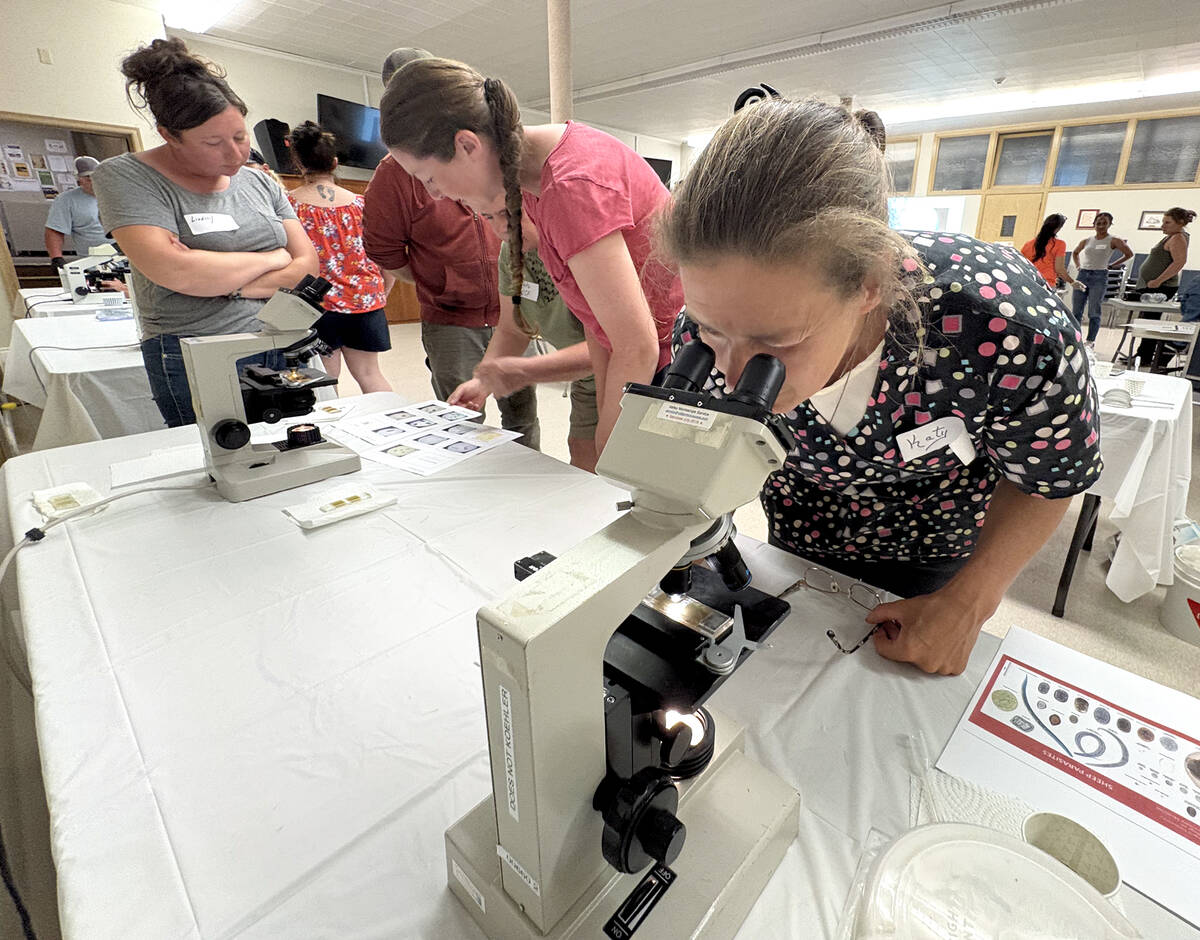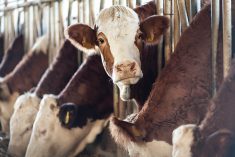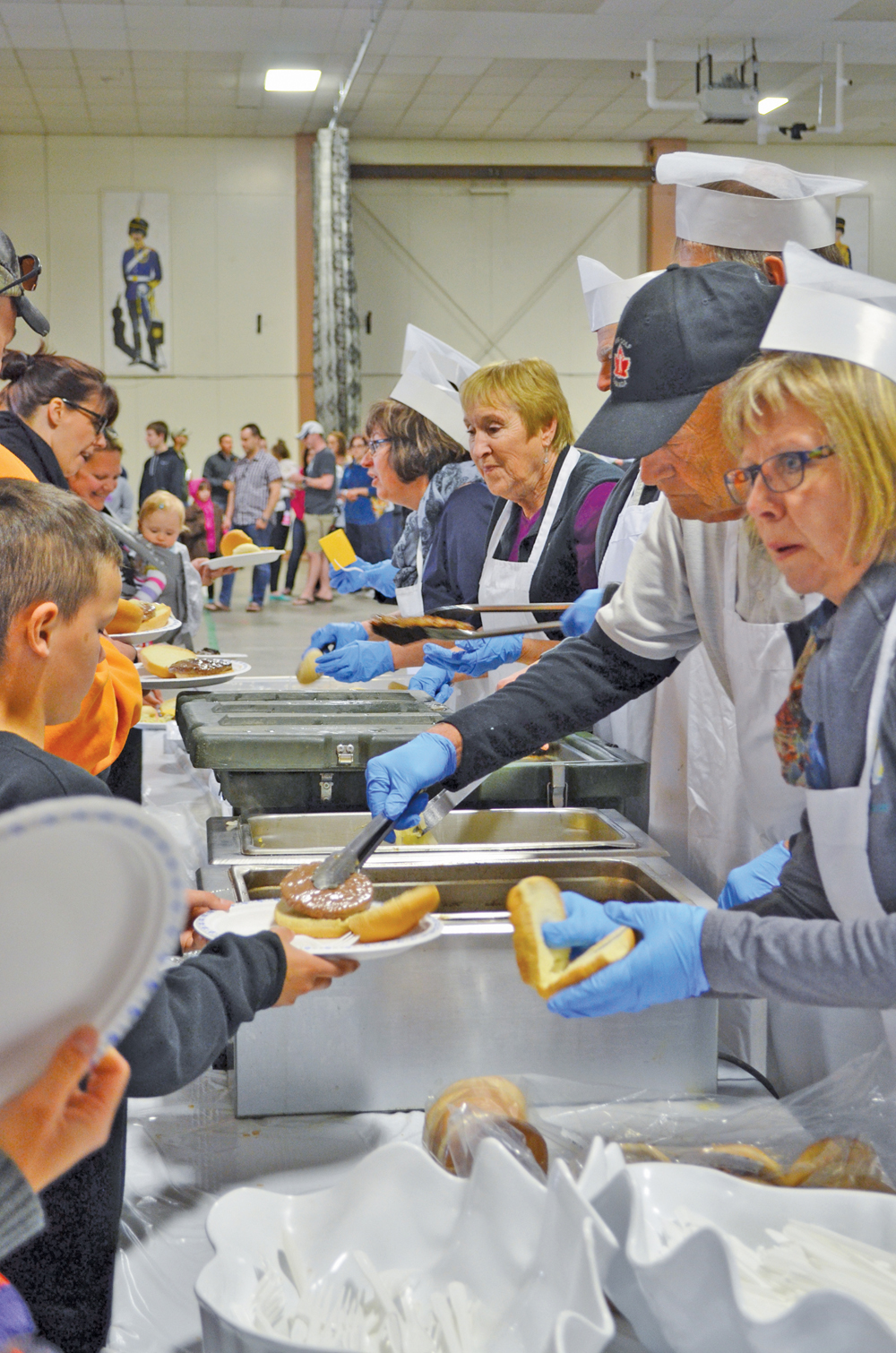Efforts are underway to gain industry funding and support for a national program to certify livestock transporters.
Currently, existing Certified Livestock Transport training programs first developed in Alberta are being run all the way from British Columbia to Quebec, according to Lorna Baird, executive director of the Alber ta Farm Animal Care (AFAC), an organization that was founded in 1993 by livestock producers in the province.
But since all livestock types are commonly hauled to all points of the compass, the risk of conflicting regulations between jurisdictions potentially causing headaches looms.
Read Also

Smart deworming for sheep starts with individual fecal egg counts
Fecal egg count tests are one step to managing dewormer resistance and managing sheep parasites on Canadian sheep farms to maintain flock health.
“Right now, with the program that was initiated in Alberta, and now being run in Ontario, B. C., and across the country, there is a threat that it will become fractionated,” said Baird.
“If we don’t have a national program, Ontario might need to develop more of an Ontario program, and B. C. is keen to have a dairy module, so it just makes sense to have a national body taking care of that.”
PILOT PROGRAM
Under the proposal, the Alberta provincial program would be used as a pilot for a future national program, and funding for developing a certification strategy that would be national in scope is being sought under the federal AgriFlexibility program.
Many letters of support from livestock organizations for the proposal have been received, and at a meeting in Calgary, the animal-care committee of the Canadian Cattlemen’s Association agreed to donate $4,000 to support Baird’s efforts.
A funding commitment could be clinched within two to three months, said Baird, and the national program could be rolled out within a couple of years.
“The gut feeling at this point is that it could be run as a third-party training model like Red Cross training for first aid,” said Baird.
“We’ve demonstrated that a lot of the work has already gone into it and we just need to figure out the best way of making it national.”
CLT training at present provides commercial truckers, shippers and receivers with species- specific knowledge of handling, loading and biosecurity issues, as well as humane transport regulations in both Canada and the United States.
Some 1,200 people have already been trained and are now in possession of a wallet-sized card as proof.
PRIVATE HAULERS
Training programs could also be offered to private haulers using light or gooseneck-sized trailers, she added. For example, in Alberta, apart from the commercial horse-hauling course, there is a non-commercial course aimed at pleasure and recreational horse owners.
Martin Unrau, CCA vice-president and member of the animal-care committee, who used to run a commercial livestock-trucking operation, described the project as “a work in progress.
“The issue is having knowledgeable people moving live animals around,” he said. “At the commercial level, I believe it is extremely important that we have this training.”
Already, some cattle-and hog-killing plants require that all their truckers be certified to haul livestock, and looking ahead to the possibility that more will follow suit is just being proactive.
“In all reality, I think it’s important for a livestock organization like ourselves to try to ‘drive the wagon’ rather than have these plants dictating how we have to do this,” said Unrau.
TRAINING WELCOMED
As for private haulers and cattle producers, having a scaled-down version of training would likely be welcomed by the industry, he added.
Speculation that meat-packing associations might issue an overnight declaration that all truckers delivering to their plants be certified is “blue sky,” according to Ryder Lee, a CCA staffer on the animal-care committee.
“If they were to do that, they would probably have to phase it in because the infrastructure isn’t there,” said Lee. “If the CLT project works to have the training process there, we’re ahead of that game.”
He added that because livestock transport is the aspect of the industry that is most visible to the general public, it is prudent for the CCA to become involved in ways to make it better. [email protected]
———
“Thegutfeelingat thispointisthatit couldberunasa third-partytraining modellikeRedCross trainingforfirstaid.”
– LORNA BAIRD


















